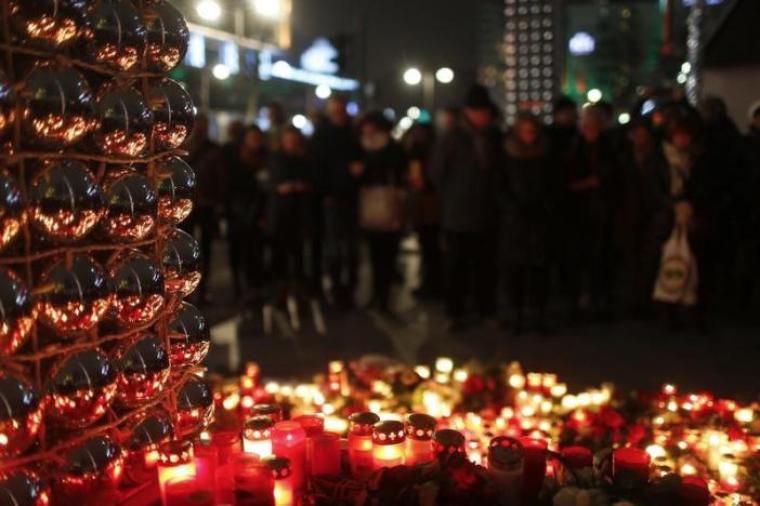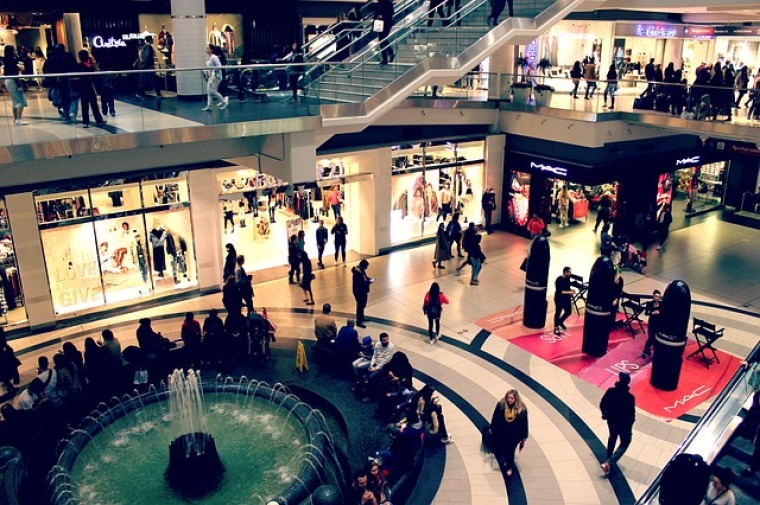

Christmas markets in Berlin stayed shut on Tuesday as the city mourned the victims of the previous evening's truck rampage, while security measures were stepped up at similar events elsewhere in Germany and abroad.
Germany's interior ministry said other Christmas markets and large gatherings would not be called off, and appropriate steps to increase security should be decided at each location.
Flags flew at half-mast out of respect for those killed when a truck ploughed into a crowd at a market by Berlin's Kaiser Wilhelm memorial church on Monday.
"No matter what we continue to learn about the exact background and motives of the perpetrators, we ... must not let them take away our freedom," Interior Minister Thomas de Maiziere said in a statement.
Michael Krzyzniewski, a security expert for big public events, said safety measures were already in place at Christmas markets though some might want to review them. He said erecting protective concrete barriers was one option.
In Dresden, the tourist information service said authorities had done that around the Striezelmarkt, one of Germany's oldest Christmas markets.
"This has several serious downsides, for example it is then no longer possible for emergency vehicles to access the market in case someone has a heart attack," Krzyzniewski said.
"We need to make sure that we don't fall into panic and call for knee-jerk measures."
In Munich, tourists visiting the Christmas market said they felt confident with a strong police presence in the city.
"You see police around here everywhere so I don't feel unsafe," Scott, a visitor from Montreal, said at the central Marienplatz.
HUNDREDS OF MARKETS
While Germany remains the focal point of Europe's Christmas markets, visitors and shoppers also flock to hundreds elsewhere in Europe, where authorities were also on their guard.
In December 2000, authorities uncovered a plot to bomb a Christmas market in the French city of Strasbourg.
In Italy, Interior Minister Marco Minniti ordered police to reinforce security at Christmas-related events and ceremonies and other crowded public areas, according to a statement.
In France, where the Berlin incident revived memories of a similar attack on Bastille Day in Nice in which 86 people were killed, authorities sought to reassure the public about safety during upcoming festivities, saying security forces were working round the clock.
"The police are everywhere. There are concrete blocks everywhere," said Ludovic Ferla, a stallholder at the Christmas market lining Paris' Champs Elysees avenue.
In Nice, a Christmas village was mainly empty, with extra police personnel on patrol at the site which already had metal detectors in place.
"There is nobody here," shopkeeper Frederic Maume said. "It's a dead village since this morning. We expected it. It's normal."
In Brussels, where Islamist bombers killed 32 people in suicide attacks in March, no additional security measures were implemented. Interior Minister Jan Jambon tweeted on Monday night security would remain at alert level three out of four.
Around the central Grand Place square and nearby Christmas market, cargo trucks continued their daily delivery routine.
Resident Roger Lepers, 86, said Monday's attack did not deter him from taking his grandson to the event.
"It happened in Nice, it's now happened in Berlin," he said. "It will probably happen again elsewhere, but when, we don't know."